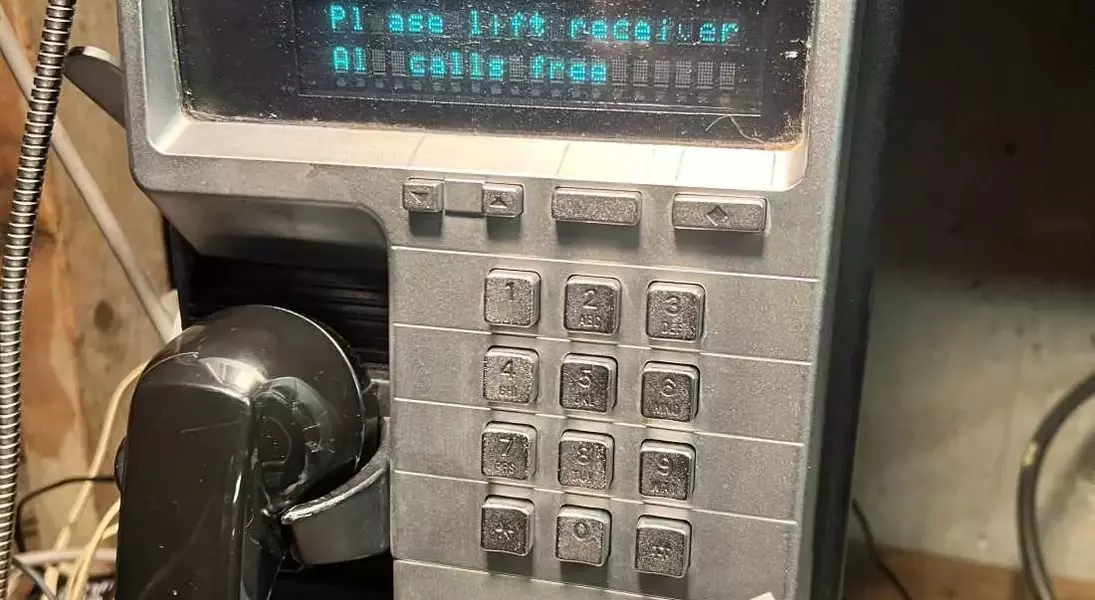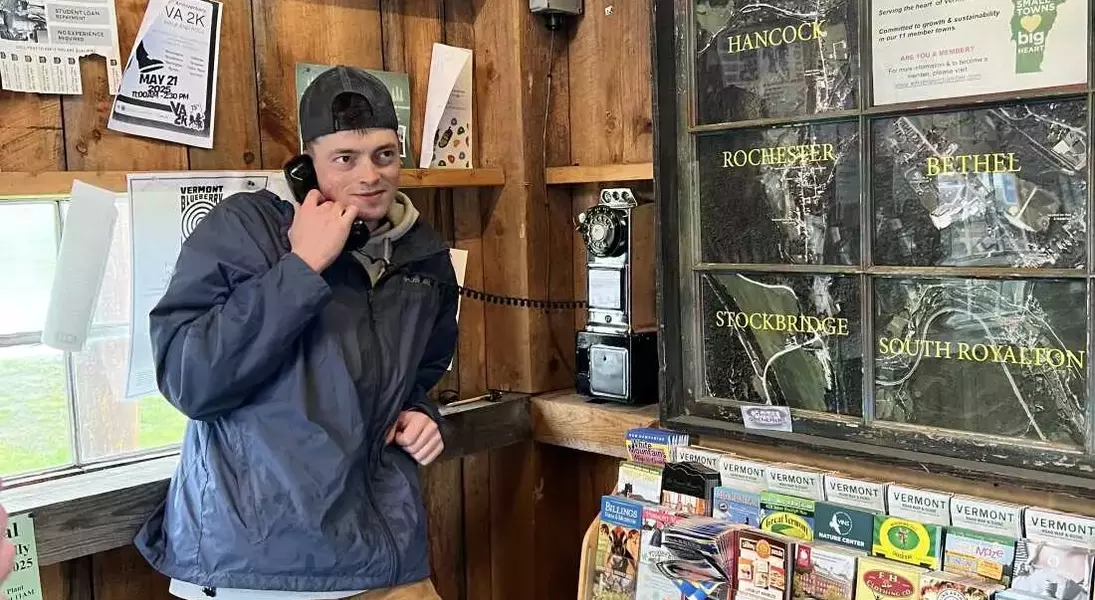



A local electrical engineer in rural Vermont is spearheading an innovative project to combat the persistent issue of limited cellular coverage. Patrick Schlott, a 31-year-old resident, recognized the daily struggles faced by his community in Orange County due to spotty mobile reception. His solution involves repurposing an outdated technology: the pay phone. Schlott procures old pay phones from online marketplaces and meticulously restores them in his personal workshop, transforming these relics into modern communication tools. These revitalized units are then deployed in various towns, providing free calling services to anyone in the United States or Canada, effectively bypassing the need for coins or mobile networks. Schlott personally covers all operational expenses, viewing it as a more fulfilling investment than typical entertainment subscriptions, demonstrating a remarkable commitment to public service.
Since the initial installation of his first refurbished pay phone in Tunbridge, Vermont, last March, the initiative has seen substantial usage, with hundreds of calls being placed. This project has proven invaluable in unexpected scenarios, such as aiding stranded motorists and enabling children at local libraries, especially in Thetford Center, to contact their families. The timing of Schlott's project is particularly prescient, given Vermont's recent decision to ban cell phones in schools starting in the 2026-2027 academic year. This policy change will likely increase the reliance on public communication methods, making Schlott's free pay phones an even more critical resource for students needing to connect with their homes. While some donations have been received, Schlott currently operates on a self-funded model, though he acknowledges the need for potential adaptations if the program continues its impressive growth, always with the unwavering commitment to maintaining free access for all.
This inspiring endeavor by Patrick Schlott highlights the profound impact an individual's ingenuity and dedication can have on improving the lives of others. In an increasingly digital world, where connectivity is often taken for granted, Schlott's work reminds us of the fundamental human need for communication and the power of accessible technology. His selfless contribution to bridging the digital divide in his community exemplifies a proactive spirit, fostering a stronger, more connected society. This project serves as a beacon of community empowerment and a testament to the idea that innovative solutions can emerge from a commitment to basic human needs, inspiring others to seek out creative ways to serve and uplift their local environments.
